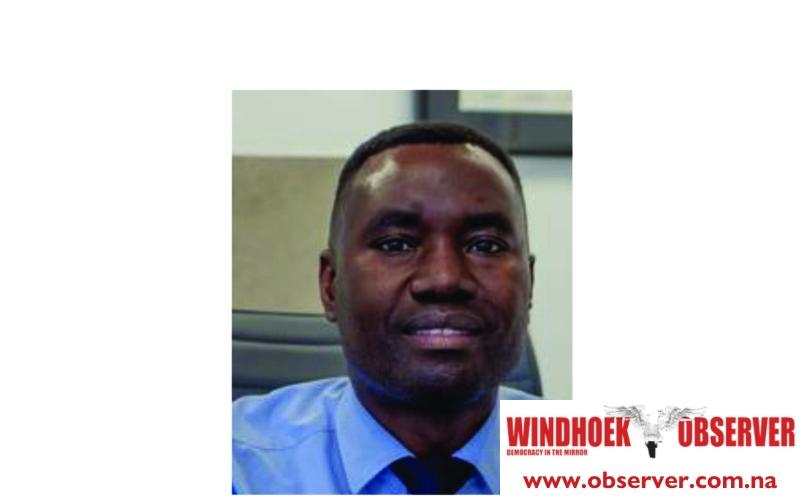Dr David Emvula
Infertility is a medical disease, not a lifestyle choice. Classified by the World Health Organization under the ICD-10, alongside cancer, diabetes, and HIV/AIDS, it affects millions globally. Yet in Namibia, couples struggling with infertility are left to fend for themselves: public healthcare and private medical insurance exclude fertility treatment. This is not just unjust; it is discriminatory.
Globally, one in six couples face infertility, and in Africa, it’s as high as one in four. For many, the inability to conceive carries devastating emotional, social, and psychological consequences. In a society where childbearing is central to cultural identity and marital stability, infertility can cause stigma, isolation, and mental health struggles. Yet while we recognise it as a disease, access to treatment is denied.
The real cost of exclusion
One common argument is that fertility care is too expensive for government or insurance to fund. But when we look at the numbers, this doesn’t hold up. A typical IVF cycle in Namibia costs N$60,000–N$100,000, often requiring only one or two cycles. Compare this to:
• Cancer treatment, where chemotherapy and radiation can cost N$150,000 to N$500,000+ per patient, depending on the diagnosis.
• HIV/AIDS care, fully funded by state and private insurance, with lifelong antiretroviral therapy costing N$4,000–N$8,000 per year, reaching over N$200,000 depending on age at diagnosis.
These conditions rightly receive support, yet infertility does not. The government outsources cancer care and funds HIV/AIDS but offers no support for fertility care. Private insurance also excludes infertility services. Couples are therefore doubly discriminated against: denied by both the state and the private sector, with nowhere to turn. No patient chooses to have endometriosis, polycystic ovary syndrome, blocked tubes, or other medical causes of infertility. Yet while patients with infertility are expected to carry the full financial and emotional burden alone. This is not equitable healthcare; it is systemic discrimination.
Equal disease, equal treatment
Infertility is serious, with profound effects on mental health, relationships, and self-worth. Women often bear the brunt of stigma. Achieving Sustainable Development Goal 3, specifically target 3.7 on reproductive health, requires universal access to sexual and reproductive health services, including infertility care. Equity means recognising all conditions affecting reproductive capacity and ensuring access to treatments that enable parenthood. Denying infertility care violates reproductive rights.
What can be done?
1. Recognise infertility as a public health priority. Include infertility care in national health strategies and benefits packages for insurance.
2. The government to outsource fertility services to existing private clinics, just as we do with cancer. This provides an immediate solution while public services are developed.
3. Establish a public fertility unit at the referral centre, Windhoek Central Hospital. A public Assisted Reproductive Technology (ART) centre would improve access and affordability.
4. Invest in training. Build capacity of fertility specialists, embryologists, and nurses to deliver sustainable, high-quality care.
5. Implement fair screening criteria. Like cancer treatment, access to public fertility support should be guided by clinical assessments to ensure efficient use of resources.
The bottom line
Infertility is a disease. It deserves treatment. Namibia cannot claim equitable healthcare while ignoring couples who long for children. Fertility treatment is not a luxury; it is a medical necessity. If we can fund lifelong HIV/AIDS care, diabetes management, and half-a-million-dollar cancer treatments, we can afford to help people build families. Achieving SDG 3.7 means ensuring reproductive health services include infertility care. What is needed is political will, compassionate policy, and a commitment to reproductive health for all.
Disclaimer: Diseases such as cancer, diabetes, and HIV/AIDS are mentioned only to illustrate healthcare priorities and costs. The intention is not to diminish these conditions but to highlight the unfair disparity in how infertility, an equally recognised disease, is treated.
*Dr David Emvula is a specialist obstetrician and gynaecologist at OB-GYN Practice and head of the department of obstetrics and gynaecology at Windhoek Central Hospital. He holds an MBChB and MMed in O&G from the University of Pretoria, an FCOG (SA), and an MSc in Reproductive Medicine from the University of South Wales.




